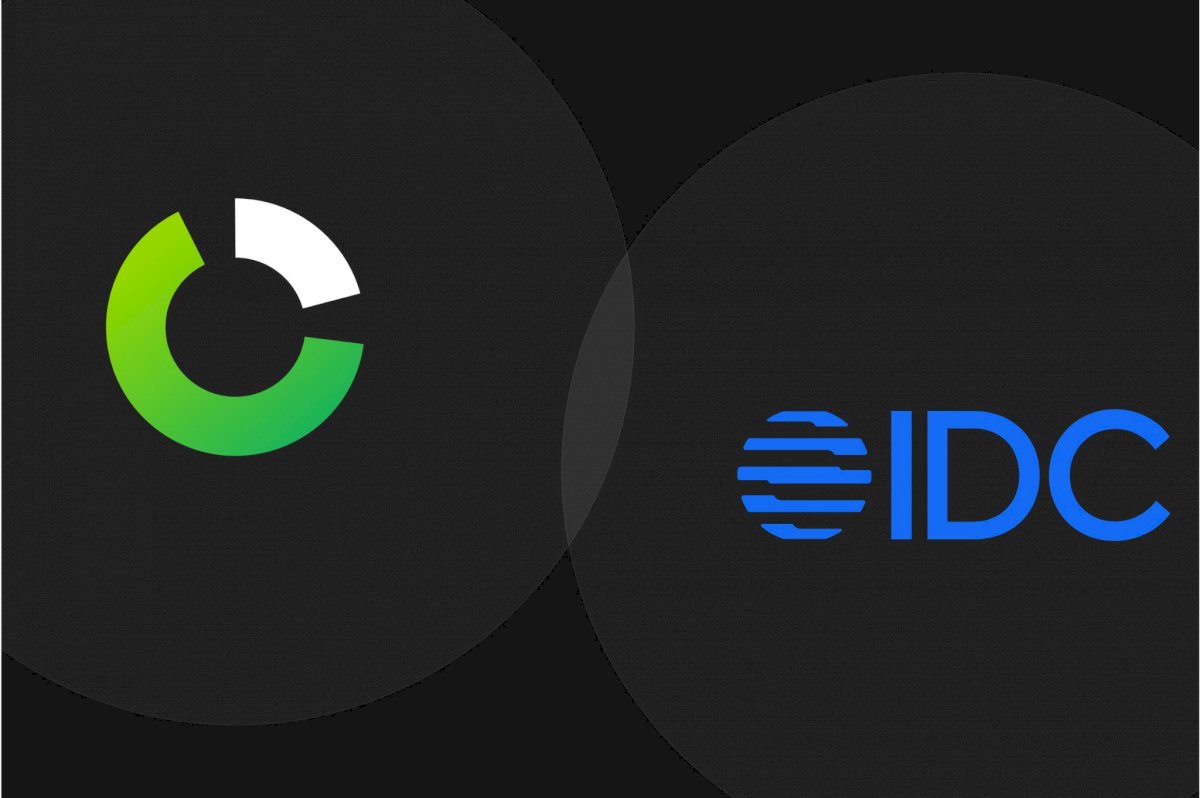Navigating the complexities of retail pricing requires more than setting the right numbers — it's about maintaining your clients' integrity and trust. This article will help you examine the role of business ethics in pricing.
Let's be clear: losing customer loyalty over a perceived price manipulation is easier than you might think. Discover how to balance profitability with pricing fairness, avoid common ethical pitfalls, and uphold a reputation for honesty. Ready to master ethical values in pricing? Let's start!
Developing an Ethical Pricing Strategy
Developing an ethical pricing strategy in retail is essential for sustaining customer trust and ensuring sustainability. Pricing ethics implies setting fair, transparent, and justifiable prices while avoiding practices that might deceive or undermine consumer trust.
One key aspect of pricing ethics in marketing is transparency. Retail giants like Patagonia have built trust by openly sharing their cost structures and justifying their price points. This transparency fosters customer loyalty and supports a brand's reputation for integrity. According to a Label Insight study, 94% of consumers are likely to be loyal to a brand that offers complete transparency.
Fairness is another crucial component. Companies must ensure that their pricing strategies do not discriminate against any group of customers. You probably heard that Amazon faced backlash for price discrimination when their algorithms offered different prices based on customer data. It would help if you implemented equitable pricing policies that treat all customers equally to avoid such pitfalls.
Additionally, to ensure price transparency, providing value is essential. Many low-cost retailers, like Costco, have thrived by offering high-quality products at competitive prices, ensuring customers receive good value. This approach is an excellent example of fostering long-term relationships with your customer base.
Incorporating advanced pricing software can help retailers maintain pricing ethics in business marketing. These tools analyze market trends, customer behavior, and competitor pricing, ensuring your prices are set fairly and transparently. At the end of the article, you will get a more detailed insight into advanced software's role in building an ethical pricing strategy.
Ethical Issues in Product and Pricing Decisions
Pricing ethics in product and pricing decisions are critical in retail as they influence consumer trust and brand reputation. One significant issue is price gouging, where retailers exploit high-demand situations by inflating prices excessively. Such pricing issues were notably observed during the COVID-19 pandemic when essential items like hand sanitizers and masks saw price hikes, leading to widespread consumer backlash and regulatory scrutiny.

Another ethical concern associated with pricing issues is misleading pricing tactics, such as bait-and-switch. This involves advertising a product at an exceptionally low price to attract customers, only to pressure them into buying a more expensive item once they're in the store. Transparent pricing, where customers are fully informed about costs, discounts, and product value, is essential to avoid ethical issues in product and pricing decisions.
Deceptive discounting practices, like price discrimination and other unethical pricing strategies, can also erode consumer trust. For instance, inflating original prices to make discounts appear more substantial is unethical and sometimes even illegal. In 2021, Kohl's faced a lawsuit for allegedly misleading customers about the true nature of its discounts.
Unethical Pricing Strategies
Unethical pricing strategies can severely damage your business reputation. One strategy you should be careful with is predatory pricing, which implies setting extremely low prices to drive competitors out of the market. This practice is not only unethical but also illegal in many jurisdictions.
Drip pricing also belongs to unethical pricing strategies. Drip pricing means setting additional fees that are only revealed during the purchasing process, leading to a cost significantly higher than the initially advertised price. Airlines and ticketing websites have been notorious for this practice, leading to consumer frustration and regulatory action. The Federal Trade Commission (FTC) has recently taken steps aimed at fixing such pricing issues.
Price discrimination, which means that different customers are charged different prices for the same product based on their purchasing behavior or personal information, is also unethical. Some online retailers use dynamic pricing algorithms to charge higher prices to loyal customers based on their browsing and purchase history.
Best Practices for Ethical Pricing in Marketing
As you can see the role of business ethics in pricing is ex emotional. That’s why Implementing best practices for ethical pricing values in marketing is essential for building trust and fostering long-term customer relationships. Companies, like the already-mentioned Patagonia, have set a high standard of pricing ethics by sharing detailed cost breakdowns for their products, which enhances consumer trust and loyalty.
Another best practice for your ethical pricing strategy is fixing pricing differences across all customer segments. Equitable pricing implies avoiding discriminatory pricing practices and ensuring that all customers receive the same price for the same product.
Ethical discounting is also crucial in retail business. Retailers should offer genuine pricing fairness and avoid inflating original prices to make sales seem more attractive. Companies like IKEA are known for straightforward pricing based on honest discounts that reflect real customer savings.
If you are wondering how to manage ethical pricing issues effectively, advanced pricing software might be what you need. By leveraging data analytics and machine learning, tools like the Competera Pricing Platform help retailers set fair and competitive prices based on real-time market conditions, consumer behavior, and dozens of other pricing and non-pricing factors. With Competera, you can be sure that your pricing strategies are profitable and ethical.
Contact us to learn more about how Competera can help you enhance consumer trust via pricing.
FAQ
The key principles of pricing ethics include transparency, fairness, and honesty. These principles ensure that customers are fully informed about prices, treated equally, and not misled by unfair pricing practices.
Ethical pricing strategies include transparent pricing, uniform pricing across all customer segments, and genuine discounting practices.
Unethical pricing erodes consumer trust by creating a perception of dishonesty. Practices such as price gouging, deceptive discounting, and price discrimination can lead to customer backlash, damage brand reputation, and result in lost loyalty and sales.






